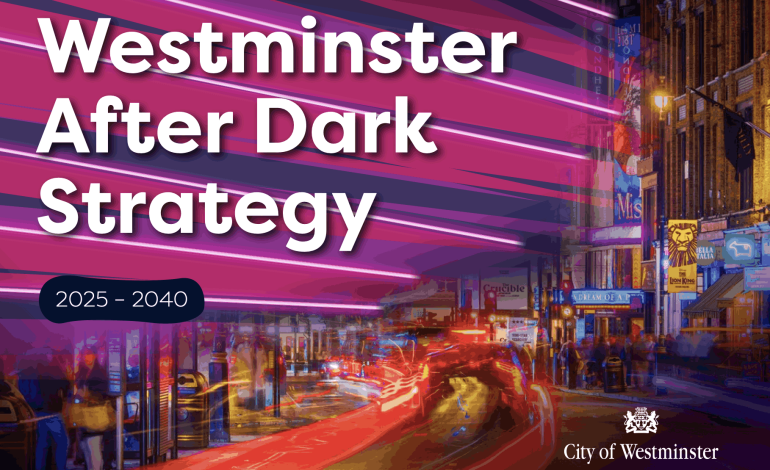
A new plan for London’s nightlife has been unveiled, detailing the creation of designated ‘quiet nights’ and ‘quiet zones’ in some of the city’s busiest areas. The news follows the announcement of Westminster Council’s ‘Westminster After Dark’ initiative which places even more restrictions on the UK’s already struggling late-night sector.
The move has already proven to be quite controversial; many have argued its existence is a mere attempt at appeasing noise complaints from local residents which will consequently rid the city of its vibrance.
The proposed ‘quiet nights’ would affect many popular night out destinations, including the West End, Soho, Hyde Park, Oxford Street and the Strand. With local residents and night-life-goers expected to comply to the quietening down of the city from 6pm to 6am.
Utterly pathetic. Westminster councillors – Soho! the West End! – launch a plan “encouraging venues to host ‘quiet nights’ with reduced noise levels, dimmed lighting” & less drinking.
If people living in flats in the centre of one of the world’s biggest cities want “quiet… https://t.co/XC7XXwZa34
— Benjamin Butterworth (@benjaminbutter) March 13, 2025
Nightlife in the UK has witnessed an unprecedented crisis, exacerbated by 2020’s lockdown, facing little recovery since. In the Night Time Industries Association’s (NTIA) report last October, the organisation revealed the country’s nightlife feared going ‘extinct’ after continued decline in the late-night sector; revealing a shocking statistic of 10 venue shutdowns a month, with two venues permanently closing their doors weekly.
Music Venue Trust have also voiced the ongoing crisis facing grassroots venues, even establishing Kate Nash as a patron following her advocacy for government action to save venues. London is not the only city to consider the effects of nightlife on local residents. Leeds venues Home and Carousel unveiled their plans in January to give club-goers lollipops for their journey home to “keep them quiet” in residential areas surrounding the city centre.
Launching the Draft Westminster After Dark Strategy!
We’re proud to unveil the Draft Westminster After Dark Strategy 2025-2040, our bold vision for an evening and nighttime that’s safe, vibrant, inclusive, and sustainable.
Whether you’re a resident who calls… pic.twitter.com/01GCAV4OVb
— Westminster City Council (@CityWestminster) March 12, 2025
In support of the upcoming nightlife proposal, Westminster Councillor Geoff Barraclough has said: “Westminster After Dark aims to balance the needs of a thriving evening and nighttime offer with the wellbeing of the residents who call Westminster their home.”
He continued: “This new strategy is our response to the obvious challenges of managing these competing demands. Following extensive engagement, Westminster After Dark explores how we will remain a welcoming, innovative, inclusive, and liveable city with something on offer for everyone.”
In conjunction with the new strategy, 100 additional CCTV cameras are reportedly being set up to improve safety of those visiting the aforementioned locations.
Jfc I’m just begging for a council that wants to recover the nightlife in London, not kill it for good. What a joyless and depressing list of priorities.
London is one big ‘quiet night’ nowadays https://t.co/jnZj1rYrzi pic.twitter.com/BYs2VOGtv6
— Stefan Roberts (@stefanroberts) March 13, 2025
Despite these efforts, business owners in central London have accused the council of only listening to locals, neglecting the area’s wider culture. Afterall Westminster’s evening and night-time sectors contribute over £3.7 billion to the district’s wider economy and supplies over 80,000 jobs.
Changes to London’s nightlife recently saw Jeremy Joseph owner of legacy LGBT+ venue G-A-Y put the establishment up for sale following “a constant uphill battle” to keep the venue open, arguing Soho had “lost its vibrancy”.
As Westminster Council aim to put their ‘Westminster After Dark’ strategy into fruition, it is evident the council needs to address growing concerns of the stability and longevity of London’s struggling nightlife.
